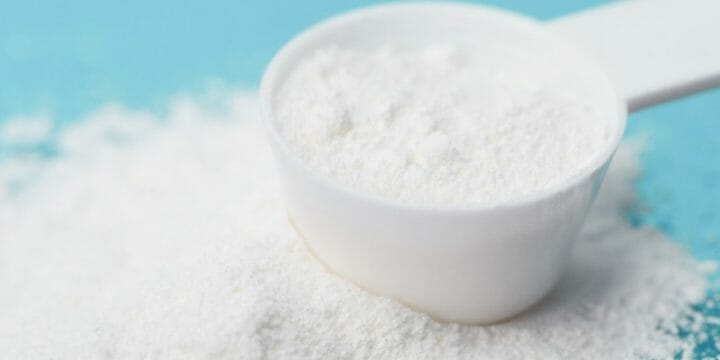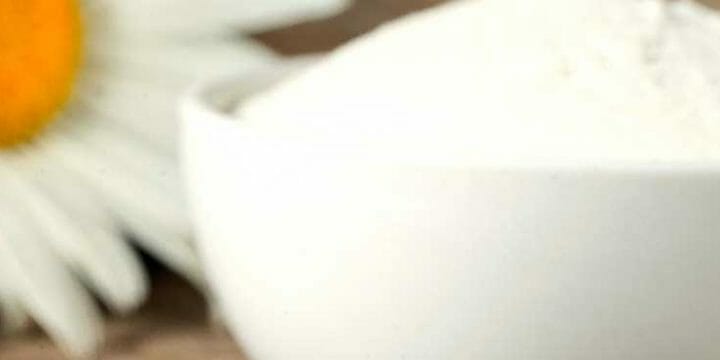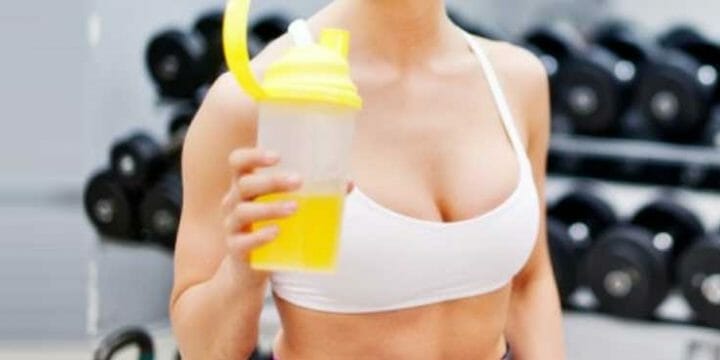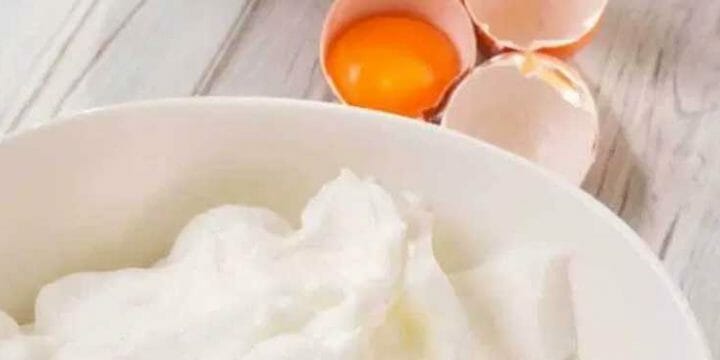Since testosterone boosters and steroids are closely related, hardly anyone can make a distinction between the two.
Many people assume these substances are one and the same, but that’s not true.
To clear up any confusion around these products, we consulted various medical articles and research sources to learn about their respective differences, uses, and risks.
Quick Summary
- Testosterone boosters are not steroids, but supplements meant to increase the production of testosterone in the body.
- Low testosterone levels trigger low libido, mood swings, reduced muscle mass, and fatigue.
- Between 2.9 and 4 million Americans have used steroids at some point in their lives, with nearly all of them being men.
- Personally, I believe the choice between testosterone boosters and replacement therapy depends on individual needs and medical advice, highlighting the importance of a personalized approach to hormonal health.
Testosterone Boosters and Steroids: What’s The Difference?

As you’re getting older, your testosterone levels start to diminish, causing symptoms such as sexual dysfunction, fatigue, emotional changes, and reduced muscle mass [1].
“These symptoms are a natural progression of age. A man in his 50s cannot expect to have the same energy level and sex drive as a man in his 20s.”
- Raj Laungani M.D., Urologist at Piedmont Urology Specialists
Testosterone boosters, which don’t contain hormones but herbs and substances, enhance natural testosterone production. These supplements aid in increasing blood testosterone levels, boosting gym performance.
Contrastingly, steroids, synthetic testosterone, are used medically for low testosterone or muscle loss conditions like HIV and cancer.
Available as pills, pellets, injections, or topical forms, steroids have a controversial reputation due to their misuse by athletes for muscle gain and performance enhancement despite being banned in most sports.
Related Article: Do Steroids Increase Sex Drive?
Why Opt for Testosterone Boosters Over Testosterone Replacement Therapy?

Testosterone, a vital sex hormone in both genders, plays a key role in men's health, vitality, libido, and muscle development.
Low testosterone in men can lead to depression, energy loss, reduced sex drive, and increased body fat. Further insights are available in Fountain TRT Review.
With all these unwanted consequences, taking products that can boost testosterone becomes a necessity.
The T-Boosters below will have a more minimal effect than the prescription of testosterone treatment, but they’re still beneficial.
Related Articles:
Tribulus Terrestris
Studies have shown that Tribulus Terrestris can have a positive effect on libido and sexual function. However, its actual effect on a person’s testosterone level needs further research.
Bodybuilders have used Tribulus Terrestris for years, which seems safe. It certainly won’t hurt to take it, but don’t expect phenomenal results from using Tribulus.
Tribulus Terrestris is generally safe, but it can cause minor side effects like stomach upset or insomnia at high doses. However, these effects are uncommon, and Tribulus is considered safe for most people when used in moderate amounts.
ZMA
ZMA is a combination of zinc, magnesium, and vitamin B6. It’s known as a powerful sleep enhancer and testosterone booster.
Taking a ZMA supplement ensures adequate zinc intake, crucial for testosterone production, with magnesium for relaxation and B6 for better absorption, also serving as a sleep aid
This is vital to keeping your testosterone at optimum levels, as most are produced during sleep.
D-Aspartic Acid
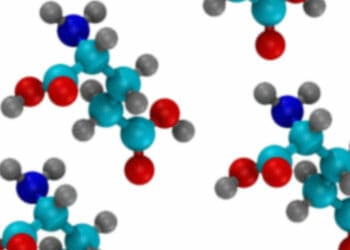
D-aspartic acid optimizes your natural testosterone levels by increasing the production and release of testosterone in the testes.
D-aspartic acid is an amino acid naturally found in the body. Supplementation will ensure that you have enough in your system to produce more testosterone.
This is generally well-tolerated, but high doses may lead to side effects like irritability, headaches, and mood swings. These are typically mild and occur only when excessive amounts are consumed, as the body naturally contains and manages this amino acid.
Vitamin D
This vitamin is essential for producing testosterone.
Vitamin D deficiency can lead to a host of adverse side effects, so taking it can certainly benefit your overall health and wellness, even if you have no problems with testosterone.
Vitamin D is usually safe with minimal risk of side effects. Excessive intake can lead to hypercalcemia, characterized by nausea, weakness, and frequent urination. However, such cases are rare and typically associated with very high doses of supplements.
Dehydroepiandrosterone (DHEA)
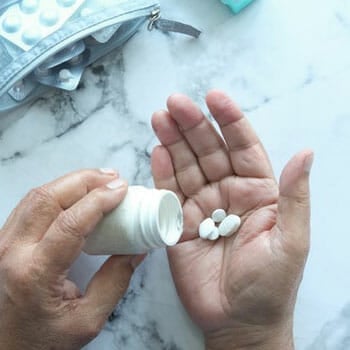
While any other T-Booster on this list simply supports your natural hormone levels, DHEA supplementation is quite different.
DHEA is a hormone produced and secreted by the body, which means you’ll be directly ingesting a hormone when you take it in pill form.
There is little evidence showing that DHEA can actually raise testosterone, but many users say that they feel much better while using it.
Testosterone Replacement Therapy
If your T-levels are declining, your doctor may suggest testosterone replacement therapy (TRT) as a skin patch, topical gel, or testosterone injections.
Testosterone replacement therapy is a medical intervention to restore testosterone levels to a healthy range.
The chosen administration method depends on individual preferences and needs. Skin patches and topical gels allow convenient application, while testosterone injections provide longer-lasting effects.
Testosterone replacement therapy alleviates low testosterone symptoms and improves overall well-being and quality of life.
How Do Steroids Work?
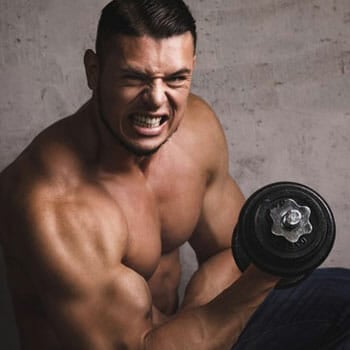
Steroids bind to androgen receptors in the body, accelerating muscle-building by increasing protein production.
While often associated with athletes for performance enhancement, they have significant medical applications. Studies from the National Library of Medicine show steroid use can increase strength by 5 to 20 percent and muscle mass by 2 to 5 kg in ten weeks [2].
According to a Researchgate report, despite being banned in sports, 2.9 to 4 million Americans have used steroids, mainly for medical reasons like delayed puberty or muscle wasting diseases [3].
Misuse of anabolic steroids, especially in high doses without medical supervision, poses serious health risks. Medical guidance is crucial for safe steroid use.
The side effects of steroid abuse include:
- Infertility
- Liver disease
- Mood swings
- Pain while urinating
- High blood pressure
- Facial hair growth in women
- Baldness in men
- Heart disease
- Low sperm count
- Depression
FAQs
Are testosterone boosters safe?
Testosterone boosters aren’t entirely safe. Some of them contain L-arginine, which can be toxic in levels greater than 30 grams and may interact with certain medications.
Other safety concerns associated with L-arginine include increased risk of bleeding, affected blood sugar levels, and abnormally high levels of blood potassium.
Testosterone use may also cause a higher red blood cell count. Too many red blood cells increase your risk for a heart attack or stroke.
What are the side effects of taking testosterone boosters?
The potential health risks of taking testosterone boosters include hair loss, acne, male breast enlargement, low libido, increased aggression, impotence, and testicular atrophy.
Is testosterone a steroid or protein?
Testosterone is a steroid hormone from the androgen group. It’s the primary sex hormone among men.
References
- https://www.webmd.com/men/testosterone-replacement-therapy-is-it-right-for-you
- https://pubmed.ncbi.nlm.nih.gov/15248788/
- https://www.researchgate.net/publication/338612362_The_Lifetime_Prevalence_of_Anabolic-Androgenic_Steroid_Use_and_Dependence_in_Americans_Current_Best_Estimates
About The Author
You May Also Like

